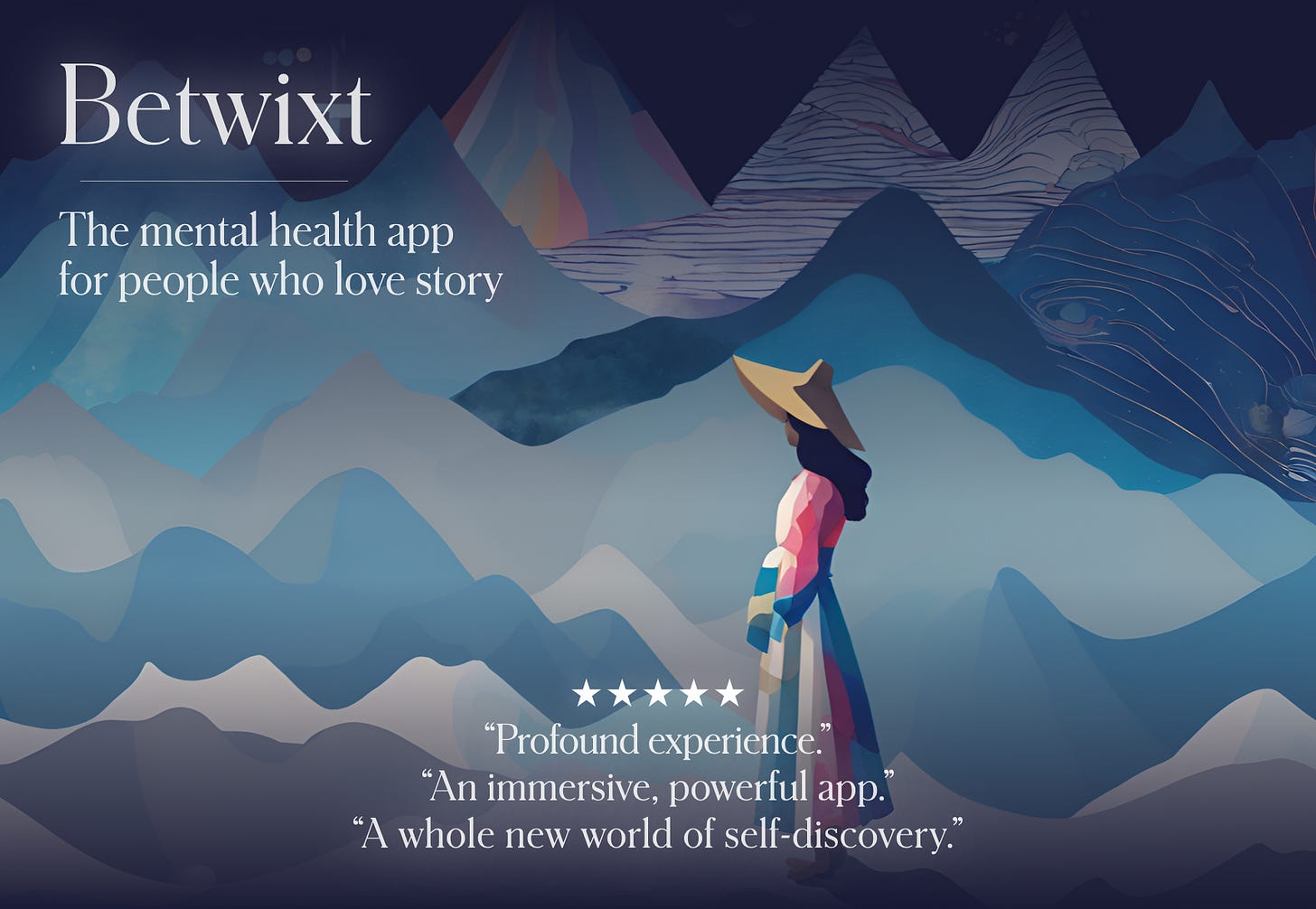This is your brain on story
How the books, films and TV shows you consume affect your neurology
If you knew that stories literally changed your brain as you consumed them, would you pick up the same books and watch the same movies?
In-brain virtual reality
Using MRI scans, psychologist Jeff Zacks et al., found that when you read, your brain runs first-person simulations of what happens in the story. This means that, on a neural level, you’re not just learning about a situation, or even simply observing it. Rather, it’s as if you’re actually having the experience you’re reading about.
During a radio interview in 2009, Zacks explained it like this:
“We’re used to thinking that virtual reality is something that involves fancy computers and helmets and gadgets. But what these kind of data suggest is that language itself is a powerful form of virtual reality, that there’s an important sense in which — when we tell each other stories — we can control the perceptional processes that are happening in each other’s brains.”
Stories as learning tools
What this suggests is that stories allow us to mentally rehearse and internalise new skills, perspectives, attitudes, beliefs.
Maybe reading a story about someone who overcomes a particular problem could be a key part of the growth process for us when we hit a similar hitch?
Perhaps reading about a character who achieves a certain goal could make our path to that kind of success more likely?
Like children roleplaying adult behaviour, our bedtime reading could be kitting us out with new strengths and abilities. And not just as a result of learning about them, but as a result of having neurologically practised them.
So here’s a question for you:
What were the last three stories you absorbed? I’m talking: books, films, real-life stories, whatever. And what could those stories have taught your brain? I’d love to hear your thoughts in the comments.
Thank you for reading!
We’re Hazel (ex boxer, therapist and author) and Ellie (ex psychology science writer). We left our jobs to build an interactive narrative app for self-awareness and emotion regulation (Betwixt), which you can try on Android here and on iOS here.





I recently heard a story from my friend about how embroidery helped her family cope with grief. I unexpectedly cried while she told the story and showed me a few pictures of their art, and I didn’t understand why I felt it so deeply at the time. But reading this article it all makes sense.
I think from now on I will have a totally different view on people who won’t cry in movies I cry.
Besides, stories are MY LIFE. And now I have finally confirmation that it’s right. It’s very fascinating. All the possibilities if you think about the possible applications. I mean your app is the best example.
And while I’m at it, THANK YOU.